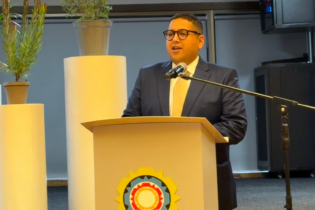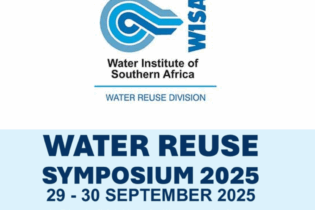Rustenburg has digitised its water and sanitation network as part of a water-saving initiative that will benefit its municipality in the long run. With this, the city has developed a water master plan that will assist with reducing wastage, simplifying maintenance and enhancing municipal revenue.
The city partnered with EOH Smart Government through its IMQS and GLS divisions to implement this project. Masheke Mukwamataba from digital information management company IMQS, said these types of systems are an essential component of building smart, resilient cities that can intelligently approach the challenges faced by rapid urbanisation and environmental change. “The right information in the right hands at the right time informs decisions, improves awareness and ensures the effective use of resources,” he said.Rustenburg hit hard by drought
Although all provinces across South Africa are dealing with the effects of the drought, Rustenburg in the North West is particularly prone to variable rainfall and as a result, highly vulnerable to drought. A rapid rise in population amid huge mining operations has also placed pressure on water resources and infrastructure. Rustenburg’s municipality was one of the hardest hit by the drought last year. Acting municipal manager, Gordon Molokwane, said responding to the effects of the drought was no mean feat. Initially, efforts were focused on improving the municipality’s network as there was a lack of electronic data. He said all relevant information was either archived across departments or non-existent.“The inability to consolidate data made it nearly impossible to make timely and informed decisions,” he said. “Technology becomes the driver of change in such an environment and will change the manner Rustenburg will operate into the future.”







